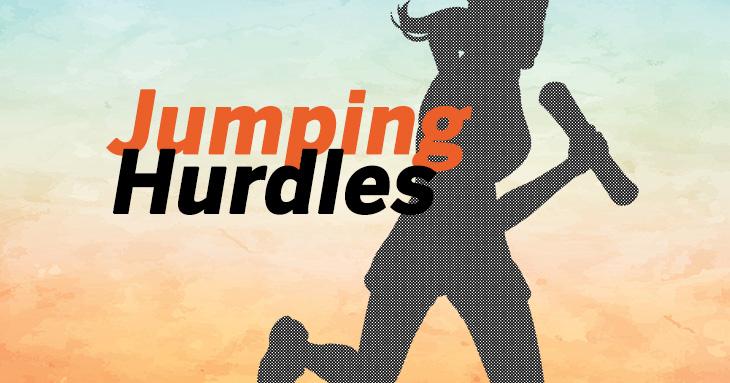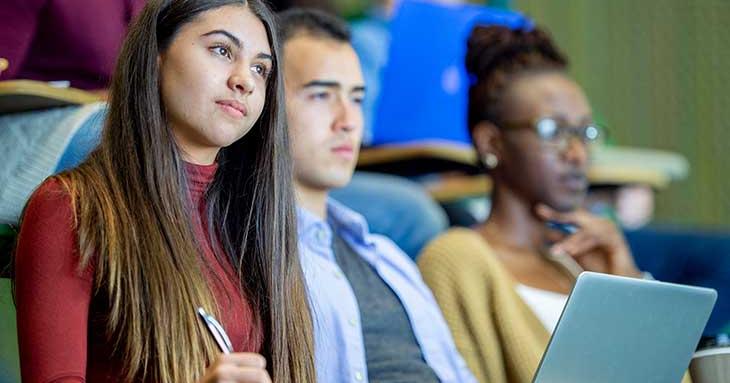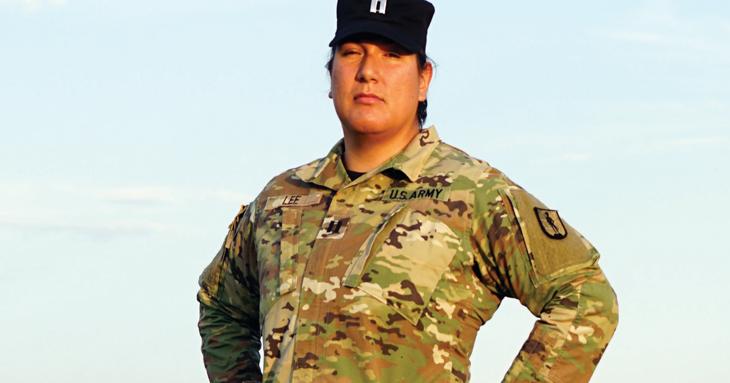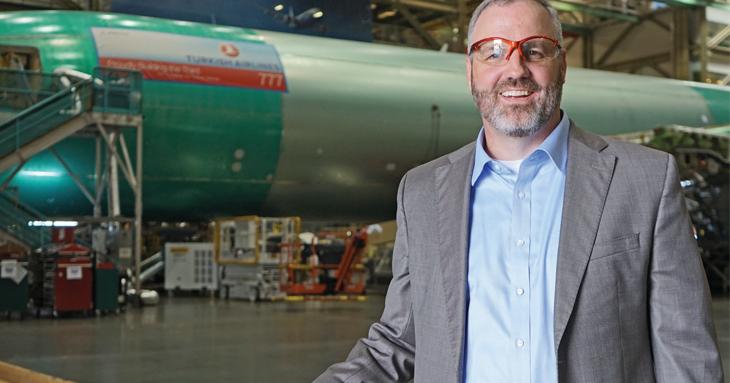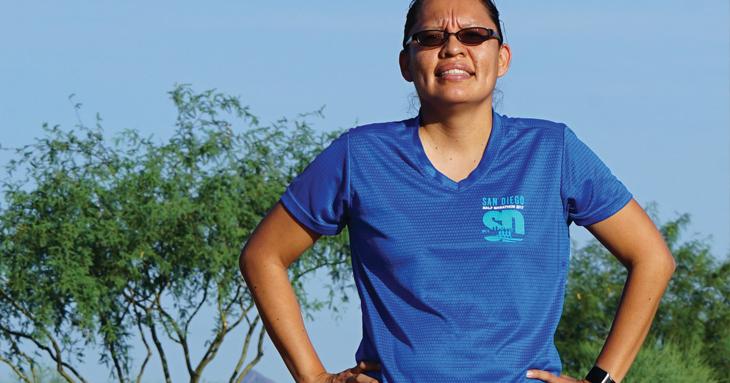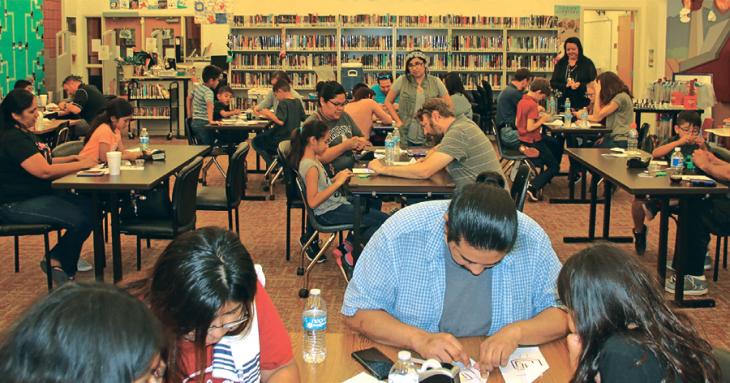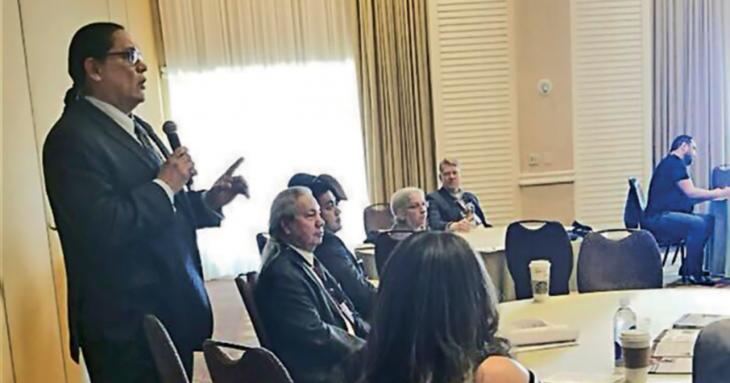-
Don’t Just Go to College — Go Far: Study Abroad Can Be Possible for Everyone
Going to college isn’t what it used to be — it’s a whole lot better. In this global economy, college students have more choices than ever, including the experience of studying abroad. It can be a way for you to learn about different ways of life and cultures while also advancing your education — and ultimately making yourself a stronger job candidate. In fact, a recent study found that almost 40 percent of the companies surveyed had missed international business opportunities for want of internationally competent employees.
-
Jumping Hurdles: Tips for Overcoming Challenges on The Road to A Degree
Meeting challenges makes us stronger. And that’s good news for Native American students, who are sure to face a few obstacles on their higher education journey.
-
Learning's in Session: Opportunities to come away with knowledge and insight abound in the long list of sessions at every National Conference
National Conference sessions give AISES members, sponsors, and exhibitors an engaging platform for sharing their knowledge, wisdom, and experience. For many attendees, learning from session presenters as they offer information on specialized topics is one of the best parts of a National Conference. In Oklahoma City, there was truly something for everyone in a wide range of sessions. Here’s a sample of just some of them.
-
Meet the Award Winners
A part of every National Conference that focuses attention on the important work of AISES is our collective pause to recognize extraordinary accomplishments of our members. Congratulations to all the 2018 award winners!
-
-
Dr. Naomi Lee: 2018 Professional of the Year Awardee / Seneca
When she remembers one of the main reasons she chose to pursue her PhD in chemistry at the University of Rochester in New York, Dr. Naomi Lee can’t help but chuckle. After obtaining an undergraduate degree in biochemistry at the Rochester Institute of Technology, Dr. Lee applied to a number of graduate programs and was accepted to them all. “I chose the University of Rochester because I was afraid to leave home,” she says. “I was afraid to leave for other schools because they were far from the reservation.”
-
Christopher J. Payne: 2018 Executive Excellence Awardee / Cherokee
When he was a high school student in Yakima, Wash., Christopher Payne knew exactly what he wanted to do for a living. His father, an electrical engineer, was an avid reader of architectural magazines, and seeing them around the house piqued Payne’s interest. “I would take the floor plans in the magazines and trace them to make my own grand house,” he recalls. “I wanted to be an architect.”
-
Nedlaya Francisco: 2018 Technical Excellence Awardee / Navajo
As a kid growing up on the Navajo Reservation in Shiprock, N.M., Nedlaya Francisco was animated by a single question: How do things work? “We would have broken remote control vehicles or tape players, and my cousins, sisters, and I would take them apart to see their insides and their circuits,” she remembers. “I always wanted to know how things worked but didn’t know what the circuit boards were.”
-
E-Textile Workshop Inspires Educators: Bringing Computer Science Skills to Rural Communities
Nationwide, there’s a call to broaden participation in computer science — with good reason. The lag in computer science knowledge is especially critical in rural America, where even many blue-collar jobs now require substantial computer skills. Native Americans in rural communities are far less likely than their peers to have access to advanced STEM courses. What’s more, they often lack access to a reliable internet connection outside school.
-
The Tribal Nations Advisory Council
One of two new advisory councils officially launched at the 2017 AISES National Conference, the Tribal Nations Advisory Council (TNAC) has an especially timely mission. (The other new council is CIAC: the Canadian Indigenous Advisory Council.) TNAC’s inaugural meeting at the conference gathered more than 30 tribal leaders to discuss a pressing issue at the intersection of AISES and tribal communities: developing a skilled STEM workforce in Indian Country. TNAC members, who represent tribes from across the country, meet both by phone and in person at conferences.
Featured Stories
From Winds of Change Magazine and Paths to Opportunities Newsletters



